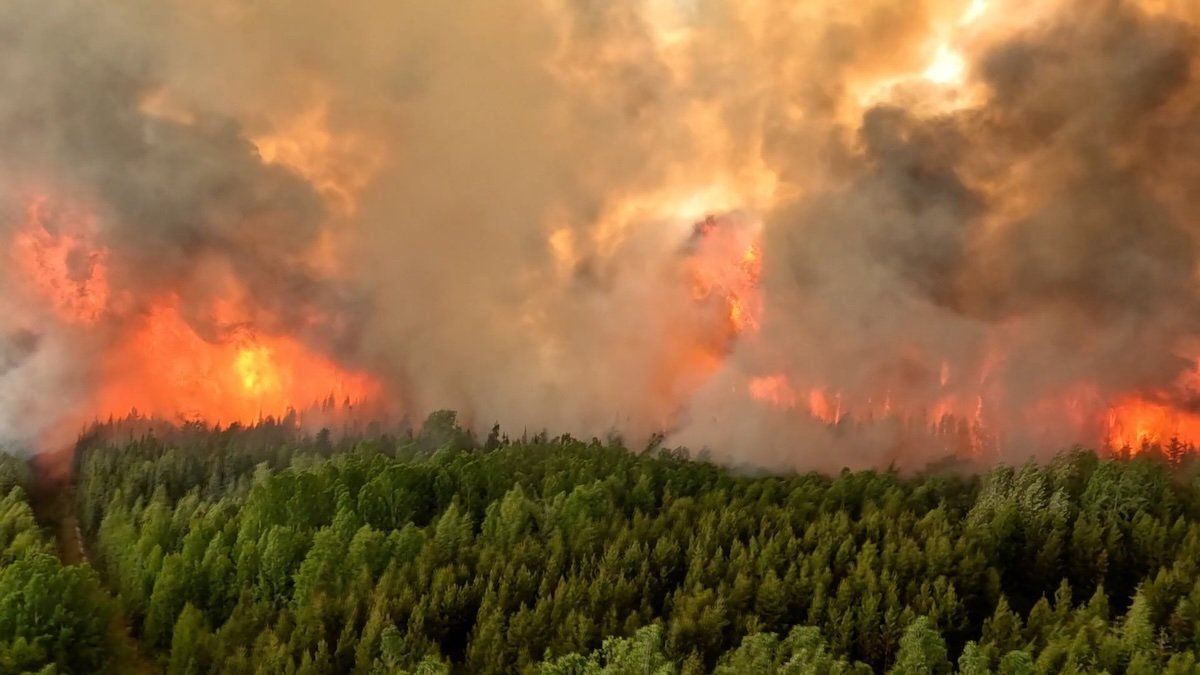647: Canada’s historically hellish wildfires last year spewed 647 megatons of carbon into the atmosphere, according to a new study. To put that in perspective, that’s more than all the carbon emissions generated by every country in the world in 2022 except for China, India, and the US.
10: Ottawa will slash the share of low-wage temporary foreign workers that companies can hire by half, to 10%, starting in September. The move comes amid a broader push by the Canadian government to cut the large numbers of foreign workers and students who have entered the country in recent years, contributing to rising housing prices, unemployment, and allegations of abuse of foreign workers.
20 million: Generous tax credits for donations of art to accredited museums are costing the Canadian government about $20 million per year, according to a recent study. The incentives have also created a glut of art at major museums, which is pushing them to expand in order to be able to show more of their collections. The Art Gallery of Ontario, for example, is at work on a 40,000-square-foot expansion.
4: A new national poll shows Democratic party nominee Kamala Harris has quadrupled her advantage over Republican rival Donald Trump since late July, leading him by four points now. The IPSOS/Reuters survey also showed her leading among both women and Hispanic voters by 13 points each. Is this all just the result of the traditional “party convention bump,” or does it reflect a more structural shift in voters’ attitudes? Stay tuned.
23: There are troubles in the US housing market, where an index measuring the sales of previously owned homes fell to its lowest level in 23 years last month. The National Association of Realtors, which maintains the index, said high costs and uncertainty about the outcome of the US election played a role in dampening demand. For more on how Kamala Harris and Donald Trump would tackle housing shortages in the US, see our special report here.
